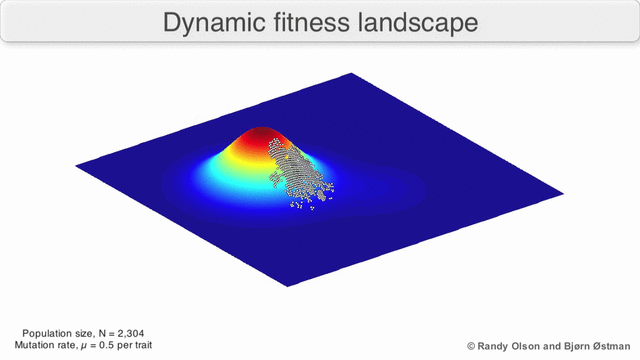"It breaks my heart," says a friend, "my son only went for a year to work and surf in Sydney." Now the recently - qualified doctor has bought a flat in Australia and got engaged, and his mother fears she will see him only once a year. Another friend's child is finishing his postgraduate architectural studies in Sweden and has already been offered myriad jobs. He's not coming home. Nor is Mia, who has become a baker in Denmark, or Matt, who is working as an engineering consultant in Singapore, while his younger sister has set up a booming pet-grooming business in Poland....entrepreneurial, creative and aspirational, who were departing "in droves". These aren't the 940,000 Neets (not in education, employment or training) or the quiet quitters who want to do the minimal amount from under a duvet, but the competitive, skilled, driven and much-needed future taxpayers who are fleeing Britain because they don't like being derided for aspiring to a high standard of living and a better life than their parents. They want a fair chance of being rewarded if they work hard....According to the Adam Smith Institute, 28 per cent of 18 to 30-year-olds said they were actively planning or had seriously considered emigrating, worried about being overtaxed, underhoused and undervalued. The British Council last year reported that nearly three quarters of that age group in the UK would consider living abroad, an all-time high this century."
Já aqui escrevi várias vezes que os políticos vão, mais tarde ou mais cedo, querer uma guerra para justificar um reset. A outra alternativa será um "Afuera".

%2019.07.jpeg)
%2010.27.jpeg)

%2010.42.jpeg)
%2013.55.jpeg)
%2011.05.jpeg)
%2013.33.jpeg)
%2019.06.jpeg)
%2013.46.jpeg)









%2006.21.jpeg)












